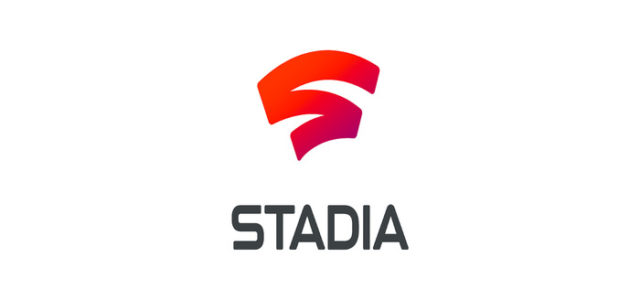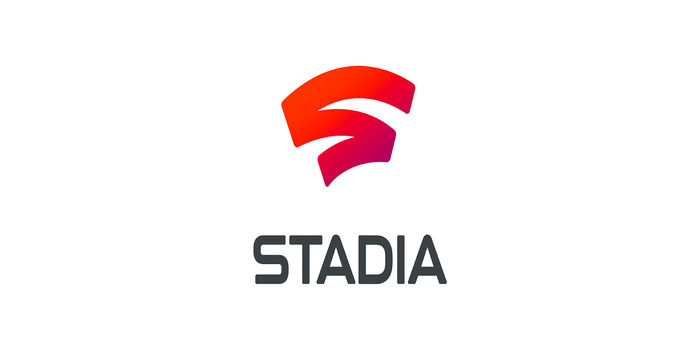


Google recently announced their upcoming Stadia game-streaming service, and people have been talking. Google promises seamless streaming of 4K, AAA game without the end-user needing any hardware besides a screen and an internet connection. Is this too good to be true? What could this mean for the gaming industry?
Google Stadia
Is This Real Life?
Game streaming actually isn’t all that new. The technology for streaming games has been used by other companies to limited success previously. Notably, Capcom even allowed Resident Evil VII to stream to the Nintendo Switch in Japan. However, reviewers have noted that big, AAA games require a pretty good, stable internet connection to run well.
If Google’s promised 4K game streaming is to become a reality, internet infrastructure in the US will be a hurdle to overcome. Many people that live in rural areas simply don’t have access to lightning-fast internet. Without that, how will they stream the kinds of games Google is promising?
Pricing
A big question mark regarding Stadia, at the moment, is the business model. Will this be a subscription service that gives the user access to a library of games for a monthly fee? Will the service itself be free but require you to buy games? Or, worst of all could these just be game “rentals” that charge you for play time?
Pricing will be a huge factor in Stadia’s performance. We speculate that the most successful permutation for Google would be to operate a Netflix-like subscription service. You pay, say, $20 per month and get access to a library of games. No fuss, no mess, games on demand. Everyone is happy. This, however, isn’t all to consider.
Ownership
One of the concerns raised by many gamers following the Stadia announcement is anxiety over ownership. At present, most games get physical media releases. The physical media, whether it be disk or cartridge, contains the game’s data. That means you can play it even long after its developer and publisher stop supporting it.
The same isn’t true of a service like Stadia. With Stadia, you don’t actually own the games, as Google’s servers have all of the data. If you want to play a game that isn’t on the service anymore, well tough. Likewise, if you want to sell your old games that you aren’t playing anymore, you can’t. You don’t own them, so you have nothing to show for the money you’ve spent gaming.
Bottom Line
Will Google Stadia shake up the gaming landscape and make consoles obsolete? Or, will it fizzle out like many of Google’s other ill-fated ventures? Time will tell. Until then, we’re eagerly awaiting news on when Stadia launches, and how much it’ll cost.










